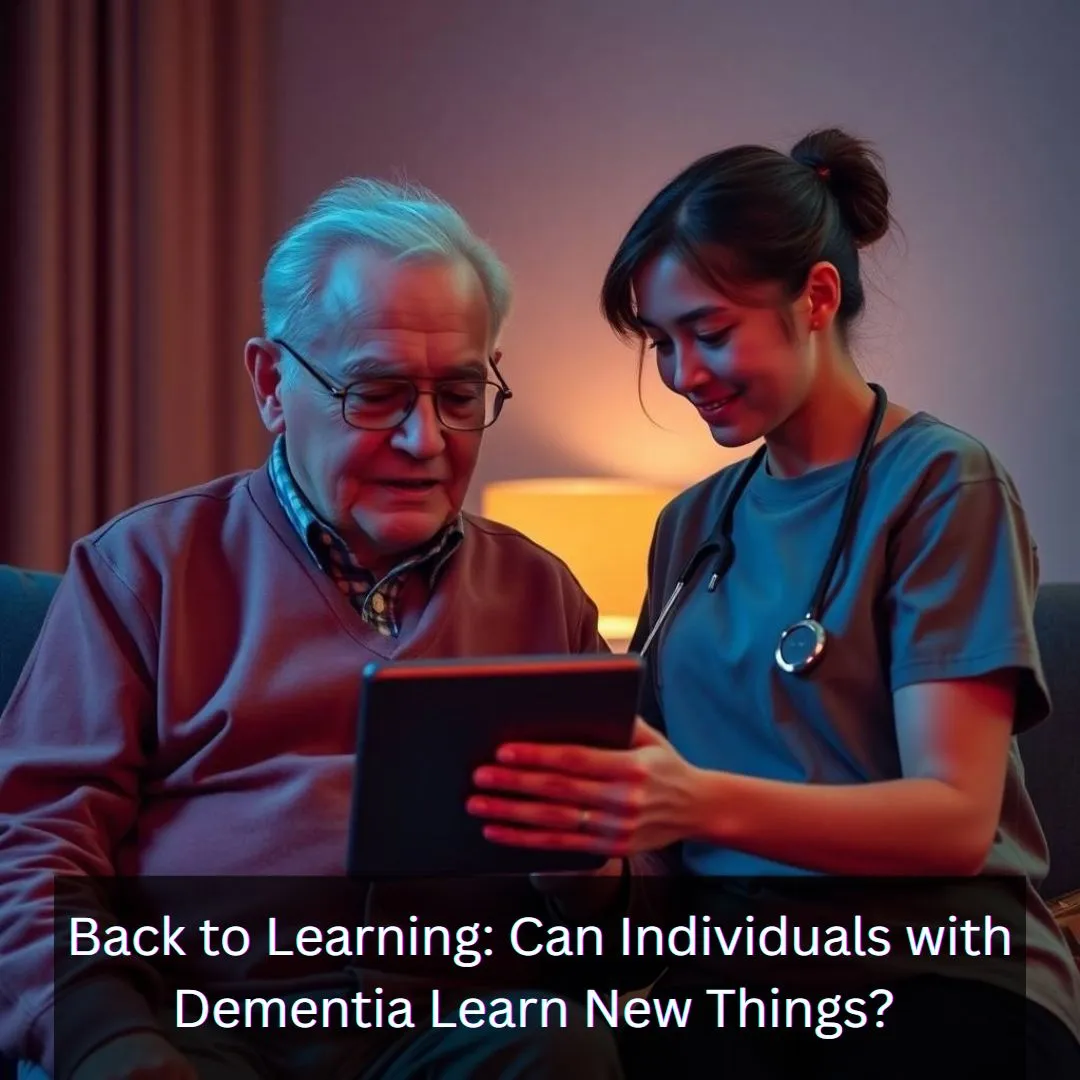In the landscape of healthcare, few challenges are as complex and emotionally charged as providing care for individuals living with dementia. From Alzheimer’s disease to other forms of cognitive decline, dementia care requires more than compassion—it demands informed, thoughtful, and coordinated approaches from everyone involved in the care journey. This is where dementia education becomes essential.
While medical breakthroughs and assistive technologies play a role, the true foundation of effective dementia care lies in the education and preparedness of the care team. Whether it’s family members, professional caregivers, or healthcare staff, empowering each individual with the right knowledge can make a world of difference.
Why Dementia Education Matters
Dementia is not a single condition but a term that describes a wide range of symptoms associated with a decline in memory, reasoning, or other thinking skills. Each person experiences dementia differently, and the progression can vary greatly from one individual to another. This unpredictability makes caregiving both demanding and deeply personal.
Dementia education equips care teams with a deeper understanding of the disease process. It sheds light on behavioral changes, communication challenges, safety concerns, and emotional triggers. Most importantly, it shifts the caregiving mindset from reactive to proactive—replacing frustration and confusion with preparedness and empathy.
Building Confidence Through Understanding
Caregivers who are well-educated about dementia feel more confident and capable. They can recognize signs of distress, identify triggers for difficult behaviors, and implement strategies that ease daily challenges. Knowledge fosters patience, and patience nurtures dignity.
For example, understanding that a loved one’s repeated questions or aggression stem from cognitive changes rather than intention can transform a stressful moment into one of compassion. With the right tools, caregivers can reframe their responses and build trust with those they support.
Components of Effective Dementia Education
An impactful dementia education program goes beyond the basics. It should be comprehensive, accessible, and tailored to different roles within the care team. Here are key components:
1. Disease Progression and Symptoms
Understanding the various types of dementia and how they progress is foundational. Caregivers learn to anticipate changes, manage expectations, and support evolving needs.
2. Communication Strategies
As dementia advances, verbal communication may become difficult. Education programs teach caregivers how to use body language, tone, and visual cues to improve interactions.
3. Behavioral Management
Challenging behaviors like wandering, agitation, or sundowning can be addressed through training that focuses on identifying causes and implementing calming techniques.
4. Daily Living Support
Caregivers gain practical skills to assist with bathing, dressing, eating, and mobility—all while preserving the individual’s sense of independence and dignity.
5. Safety and Environment
Creating a dementia-friendly space reduces risks of falls, confusion, and anxiety. Education covers environmental adjustments that enhance comfort and orientation.
6. Emotional and Mental Health
Caregivers also need tools to manage their own stress, grief, and burnout. Dementia education often includes mental wellness resources and coping techniques.
The Role of Professional Development
For professional care teams in home health agencies, assisted living facilities, or memory care centers, ongoing dementia education is not just beneficial—it’s essential. Regular training ensures that staff remain up-to-date on best practices and evolving care standards. It promotes consistency in care delivery and fosters a culture of respect, empathy, and inclusion.
Moreover, dementia education enhances job satisfaction. When caregivers understand the “why” behind their work, they are more likely to feel fulfilled and less likely to experience compassion fatigue.
Family Caregivers Need Support Too
Family members often step into caregiving roles without formal training, relying on instinct, internet searches, or trial and error. Unfortunately, this can lead to frustration, mistakes, and emotional exhaustion. Providing dementia education to family caregivers bridges this gap.
Workshops, support groups, and educational resources can prepare families to navigate the caregiving journey with confidence. Empowered families are better advocates, better decision-makers, and better equipped to provide person-centered care.
Community and Organizational Benefits
Dementia education doesn’t just benefit individuals—it strengthens communities. Organizations that invest in training programs create safer, more inclusive environments. Healthcare systems that prioritize caregiver education experience fewer crises, lower readmission rates, and better patient outcomes.
Local dementia education initiatives can also raise public awareness and reduce stigma. When more people understand the realities of dementia, communities become more compassionate and accommodating.
Final Thoughts
Dementia care is more than a responsibility—it is a relationship rooted in understanding and respect. But that relationship can only flourish when caregivers are empowered with knowledge. Dementia education transforms care from a task into a calling, guiding care teams toward informed action, greater empathy, and meaningful connection.
By educating the care team—whether professionals or family members—we pave the way for more thoughtful, compassionate, and effective dementia care. In a world where the number of people living with dementia continues to grow, knowledge isn’t just power—it’s care in its truest form.
Because when we know better, we care better.





Comments